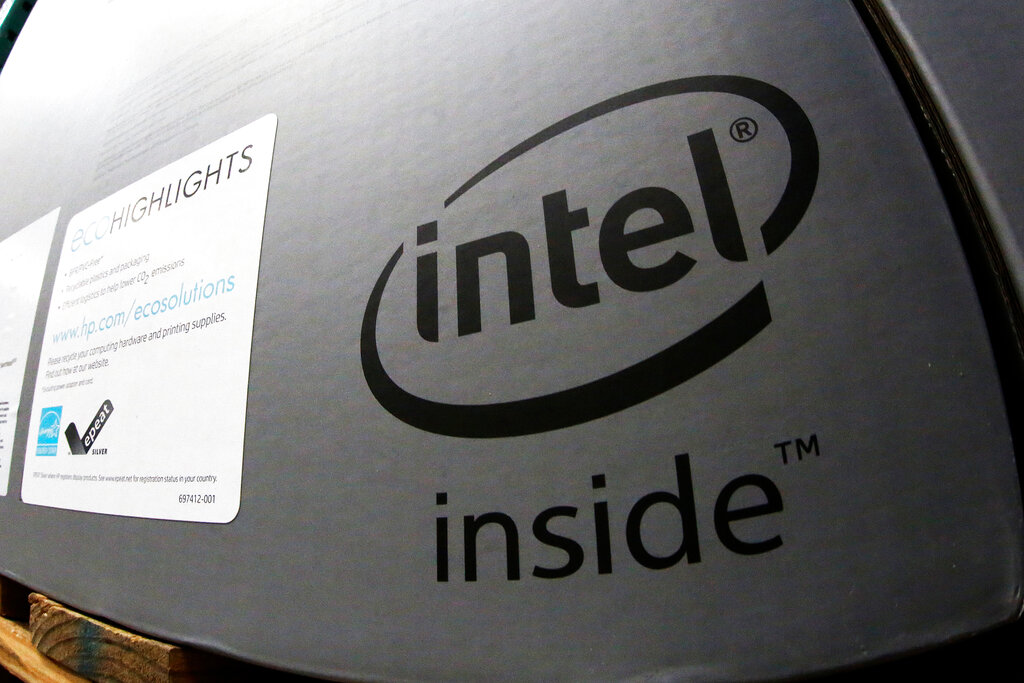U.S. chipmaker giant Intel has postponed its giant investment near Magdeburg, saying that if Germany does not give more support, it will rethink its plans. Berlin wants to pay to support the project, but in return, it expects even more investment.
Intel had previously planned to invest €17 billion to build the EU’s biggest chip plant near Magdeburg. Last spring, German Chancellor Olaf Scholz personally announced the news, adding that the investment would be a milestone in restoring weakened supply chains and become a stronghold of European chip making. European Commission President Ursula von der Leyen has already boldly one-upped the chancellor, saying that the Intel investment will help the EU account for 20 percent of global semiconductor production by 2030.
Deal on ice for now
Construction was due to start this spring and the sky was the limit: The original idea was to start up six factories across Europe, worth €80 billion in total. Then the whole project stalled. Intel had a budget of €17 billion for the first investment, and Germany would have put €6.8 billion in as well, but when the deal was agreed on, there was no talk of horrendous energy prices, inflation ,and a protracted war in Ukraine.
These negative factors are so strong, however, that Intel calculates that the start-up costs for the first half of the year alone would have increased by around €3 billion. The company therefore announced in December last year that it would temporarily postpone investments, but would continue to monitor developments in the European market and economy.
What actually happened was that Intel, using Biden’s protectionist law, which subsidizes U.S. manufacturing and industry to the tune of hundreds of billions, as an example, subtly signaled to Germany that if Berlin were as generous with money as the U.S., it might be willing to think more quickly and constructively about the European market.
The desperate situation has led Berlin to reflect for several months on its own budgetary principles, which have already been called into question by the gigantic loans it has taken out to weather the storm of the energy crisis. Eventually Intel got tired of waiting, and in February it approached policymakers again, this time with a concrete idea: It had factored into its expected subsidy the projected initial loss of €3.2 billion and therefore expected a total contribution of €10 billion from Germany.
Berlin is diplomatically silent, but behind the scenes negotiations have begun to resolve what the economy minister’s cabinets have been gently dubbing the “project budget gap.” According to reports, the German government will grant the requested €10 billion. For public funding of this size, Brussels’ approval is needed, but it will be granted immediately as European interests beyond Germany are at stake. However, it will only be granted on the condition that Intel also invests more and increases its planned budget.
In other words, a deal will be about the two sides meeting halfway.






